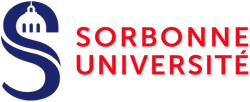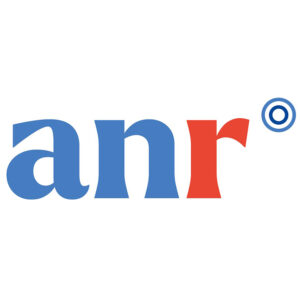It’s a world first: Professor Guillaume Lebreton has successfully performed the 1st heart transplant after transport across the Atlantic Ocean, keeping the heart for 12 hours instead of the usual maximum of 4 hours. The heart transplant took place last January at the Pitié-Salpêtrière Hospital (Paris).
Read the interview below with Prof. Guillaume Lebreton, a cardiac surgeon in Prof. Pascal Leprince’s team (Cardiac Surgery Department at La Pitié-Salpêtrière Hospital – AP-HP, Sorbonne University, Inserm and IHU ICAN).
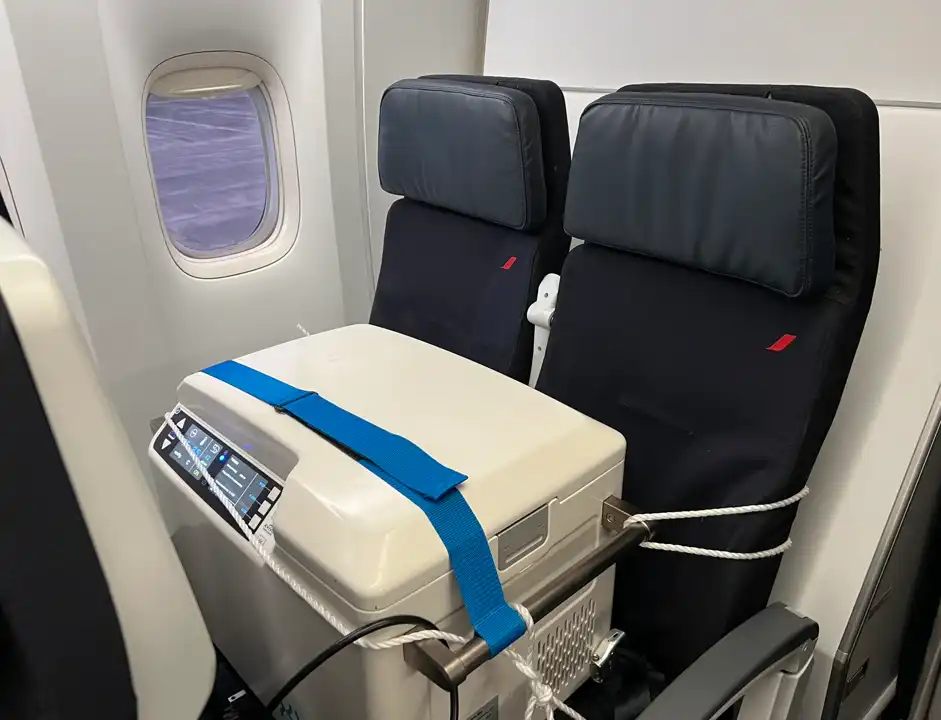
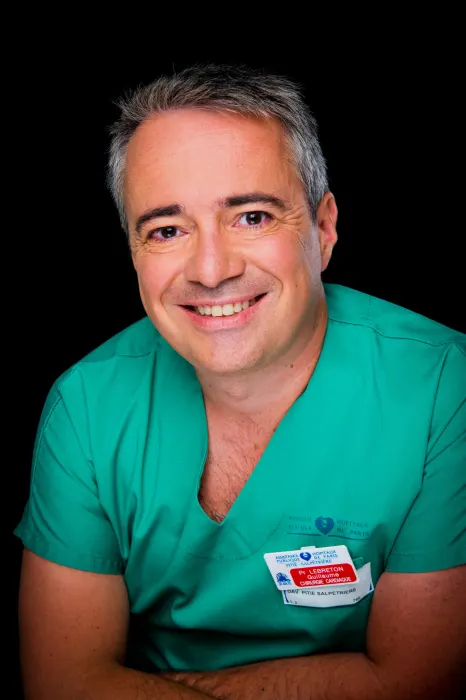
Professor Lebreton, could you tell us how this exceptional transplant came about?
“It all started with a call from the French Biomedicine Agency, which informed us that a heart transplant was available in the French West Indies. The good news was that we had a compatible recipient at the Hôpital de la Pitié-Salpêtrière, awaiting a heart transplant and meeting the criteria of the PEGASE protocol.
We then had to race against the clock to ensure the graft was properly preserved. We had to react very quickly to organise this heart transplant overseas. The team needed for the PEGASE study to run smoothly was flown from Orly to the French West Indies on a standard commercial flight (Air France). This team included a perfusionist and a cardiac surgeon. On arrival in the French West Indies, we were able to harvest the heart graft from the donor in a very short time, following the usual procedures, and position it with all the necessary precautions in the hypothermic and oxygenated preservation device (XVIVO Heart Assist Transport™) just 16 minutes after aortic clamping.
We then repatriated him to Paris on a scheduled flight the same day, and the transplant was performed as soon as we arrived the next morning in the operating theatre of the cardiac surgery department at Pitié-Salpêtrière after more than 12 hours of preservation. Today, the patient is doing well, having been discharged from hospital 30 days later, and has fully recovered his cardiac function
“All these special logistics, involving the Agence de la biomédecine, the university hospitals in the French West Indies, Air France, the airports in Paris and the French West Indies, and the various government departments , had been carefully prepared and anticipated for several months
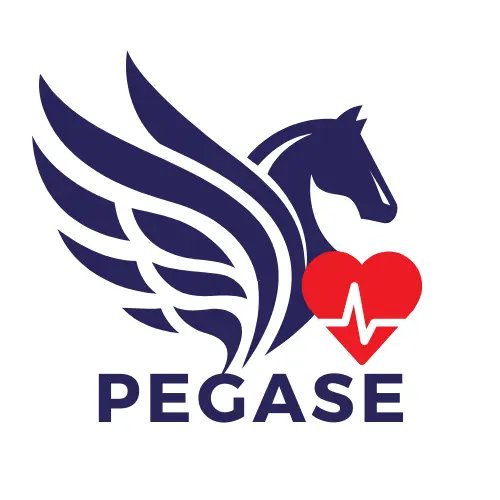
Which players were involved in this fine teamwork?
“This exceptional teamwork was a success thanks to the upstream work of the ICAN IHU and AP-HP teams, as well as the invaluable help of our various partners, including the Agence de la Biomédecine, which coordinated the organ retrieval, Air France, as well as the hospital teams on site in the West Indies, and here at the Pitié-Salpêtrière Hospital (paramedical and medical-surgical teams, cardiologists, anaesthetists, resuscitators and surgeons), who ensured that this heart transplant went smoothly as part of the PEGASE pilot study. “
We would like to thank all those who have supported us and continue to support us in carrying out the PEGASE study: our partners, our sponsors (Adicare, Air France, Bouygues, XVIVO and all the collectors and donors of the 2023 Heroes’ Race) and, more generally, all the people who have been heavily involved in this project and without whom none of this would be possible.”
What does the future hold for heart transplants?
“This first transplant is a great success for the PEGASE pilot trial! It opens up major prospects for heart transplantation, by providing better access to eligible hearts that are currently unused.
In fact, this breakthrough has come at a very opportune time, given the current shortage of heart transplants . This year, the number of heart transplants has fallen compared with previous years. The PEGASE study will therefore make it possible to extend the number of grafts, increase the number of heart transplants and thus save many lives
“However, PEGASE is not yet fully funded: we still need the generosity of the public to complete this project. A total of 7 patients need to be transplanted as part of this pilot study. I would like to thank all those who are able to support this wonderful project!


